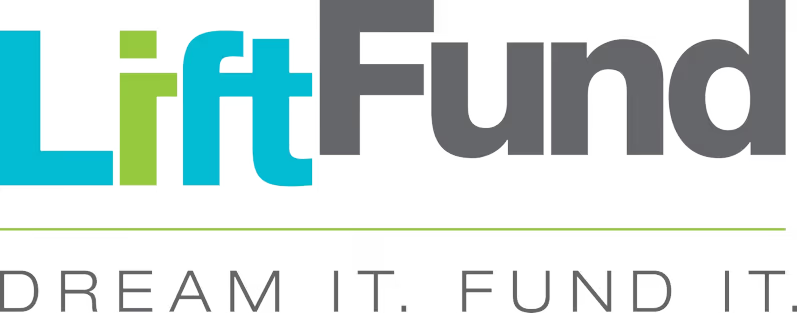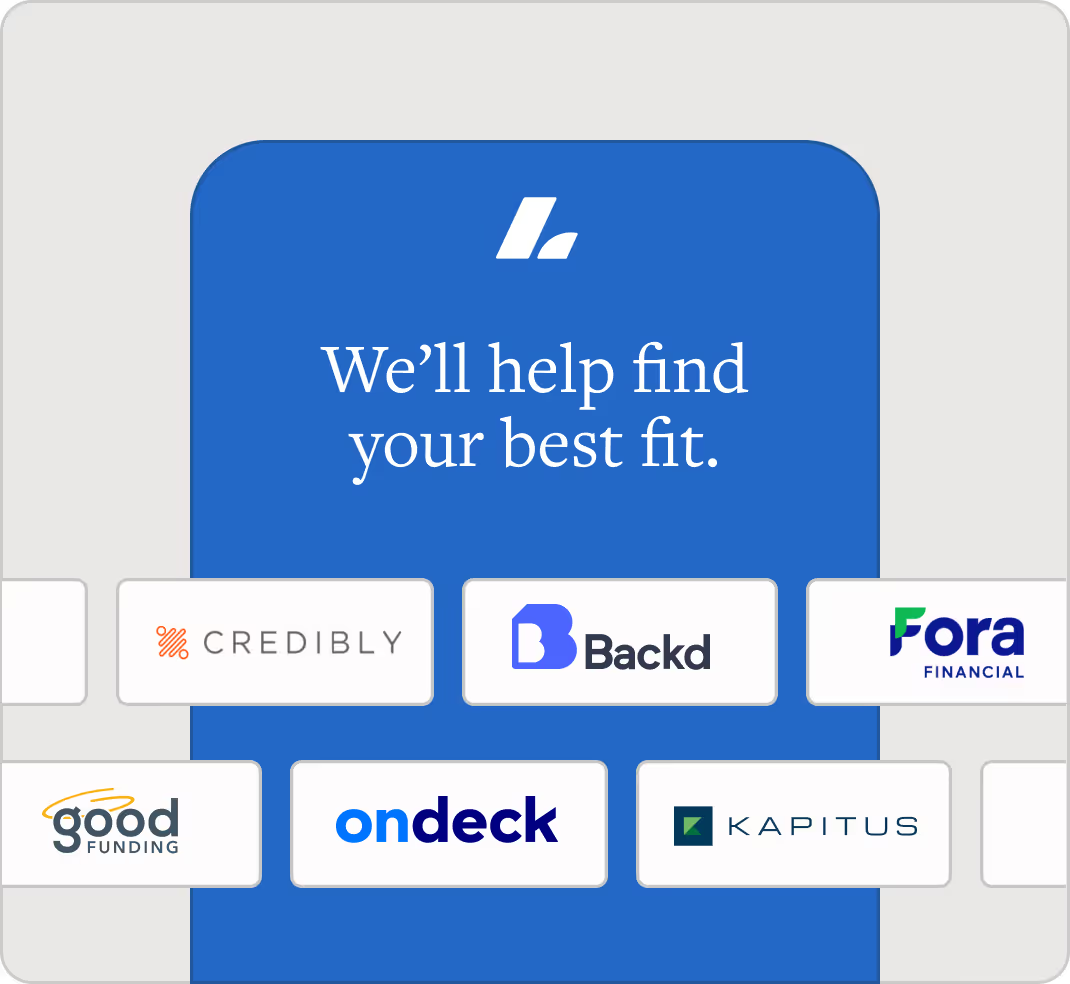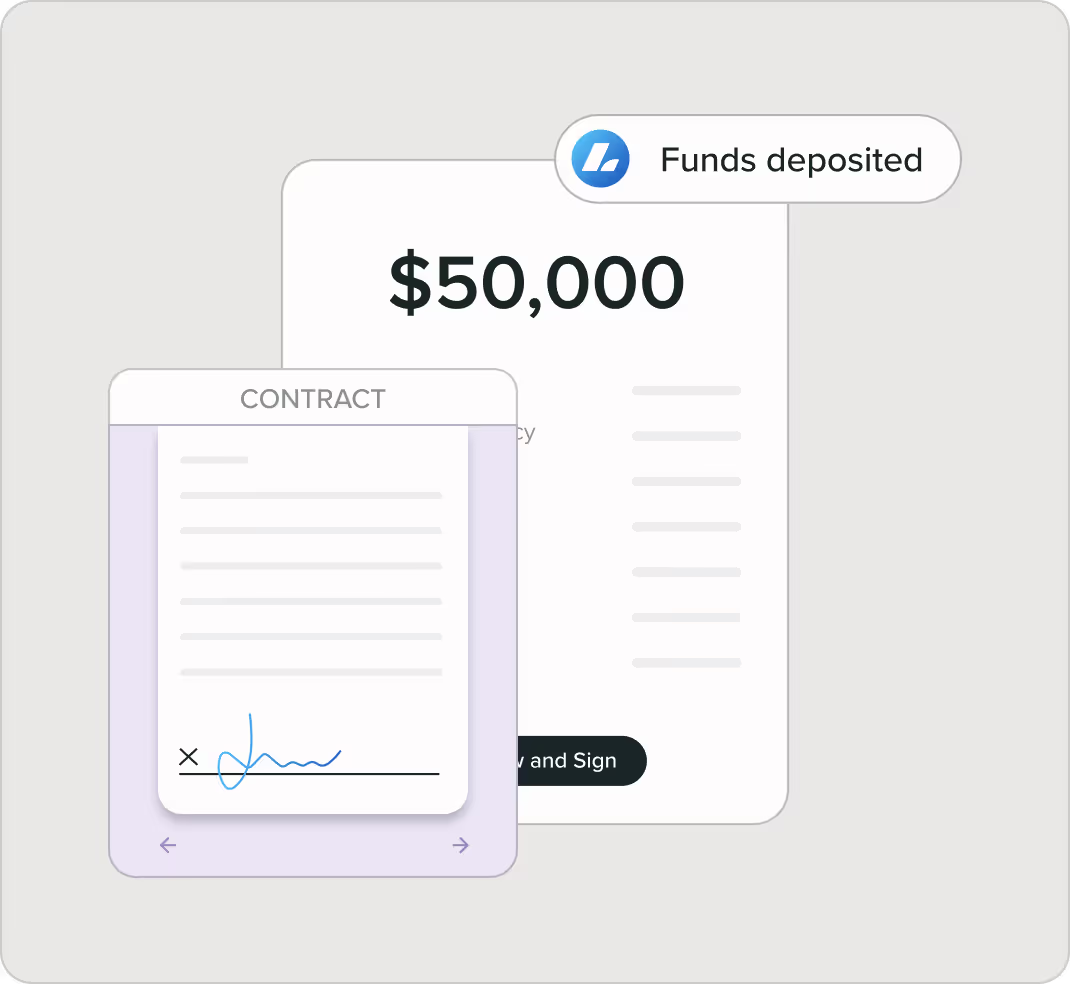I recently had the opportunity to talk with Jeff Struck of C&S Building and Renovations about his experience taking one man handyman business to a full fledged construction business. . Here’s his experience with Lendio along with advice for small business owners in his own words.
Tell me a little bit about your business.
Started in 2001 as a handyman service just meant to work my way through college. I got serious about building it in 2011 and it has been growing over 50% annually since. We should do over $1,000,000 in sales for 2015.
How did you get the initial capital to start your business?
I started small doing 1 day jobs and working alone. I used the money I made and reinvested in larger jobs. We now do projects in the 6 figure range. My largest contract set with a single customer stands at around $175,000; a 9-month project.
What keeps you going? What’s your passion that drives your business?
I love being able to choose my work. I also love not having a ceiling. When you are in business for yourself, the sky’s the limit!
What did you need funding for?
Occasionally, on the bigger contracts we go 60 days before getting paid and we are dishing out around $2,000 per day to keep a job going so the credit line really helps to keep us moving if a check is late getting to us.
How was your experience with Lendio?
Lu was really good about explaining how everything works.
Would you reccomend Lendio to a friend?
Yes.
What general business advice do you have for other small business owners?
Don’t try to do everything yourself. There are not enough hours in a day. You will never grow if you don’t learn the skills of becoming a good delegator and manager. Leverage other people’s time, skills, and leverage money when it makes sense. I re-started my business in 2011 $60,000 in debt with destroyed credit and almost no cash in the bank. We will do over $1,000,000 in sales for 2015.












